Emotions are one of the most important driving forces of humans. Rather than logical thinking, emotions such as hatred, contempt, anger, envy, but also pity, joy, exuberance and empathy cause us to react indirectly or directly and thus to a considerable extent define our social behavior and our social coexistence. Often we experience certain impulses through the emergence of emotions, which influence our actions, change our cognitive perceptions and even affect our state of health - in a positive as well as in a negative sense.
What are emotions?

An emotion defines an inner sensation, which can be of an unpleasant or pleasant nature for the feeling person. This can be triggered by a conscious or unconscious experience of a perception.
This form of psychological excitement can express itself in emotions such as fear, sadness, grief or joy, confidence and love and thereby cause a wide variety of effects: An emotion sets a complex structure of different physiological reactions in motion, which consist of both internal and external reactions can. An emotion can have visible physical effects that are directly recognizable on the human body. For example, states of excitement such as fear or love can lead to an increase in blood pressure, increase the pulse rate and influence body perspiration. In addition, an emotion stimulates cognitive processes such as a memory or the interpretation of a situation.
The combination of a sensation and a cognition then leads the feeling person to concrete reactive behaviors, which can be reflected in externally visible impulses such as laughing, crying or screaming.
Function & task
Emotions are important for humans in many ways: They not only influence our cognitive perceptions, but also help in making decisions and are therefore decisive initial stimuli for our actions and social behavior. A distinction can be made between action-guiding and informative emotions. Informative emotions inform the feeling person about changes in his environment and therefore help him to weigh the chances, the potential and the risks of a planned event. The feeling person can therefore already overlook the possible consequences of his decision in advance and act accordingly.
Action-guiding information, on the other hand, usually provides an impulse that leads to an immediate reaction to an event or circumstance.
An emotion such as fear, which arises in the context of a threat, can induce the feeling person to flee. The emotion gives him the decisive impulse to protect himself. Disgust that arises when looking at an inedible object, on the other hand, can trigger the impulse to spit it out or throw it away and thus has a preventive character.
Thus, emotions can protect people from serious actions and also guide them in their behavior towards others. For example, an emotion such as pity can trigger an empathic reaction towards a fellow citizen, whereas contempt or even hatred can have the opposite effect.
You can find your medication here
➔ Medicines against depressive moods & to lighten the moodIllnesses & ailments
Modern medicine has already shown in multiple studies that emotions can have a major impact on human health. Positive sensations usually have a benign influence on our body - they make it more resilient and support healing processes. Negative emotions, on the other hand, which the person concerned perceives as unpleasant, can favor the onset of illnesses or even be a causative factor for an illness themselves.
The body's immune system is mainly affected by the effects of negative sensations such as fear, grief or anger - infectious diseases of all kinds are usually the result.
This fact is due to the close connection between the nervous, hormonal and immune systems. The control center for our nervous system is the brain. Emotions such as sadness, despair, love and joy are produced here; Millions of ion channels transmit the various messenger substances. Therefore, a large part of the hormones is released in the brain - strongly dependent on the emotions that arise here.
The emotional structure produced in the nervous and endocrine system now affects the immune system. Here white blood cells, antibodies and T lymphocytes are dedicated to the daily task of protecting the human body from pathogenic intruders and pests of all kinds such as viruses, bacteria and cancer cells. If negative and depressing emotions predominate in the hormonal and nervous system, the immune system also adjusts its production accordingly - the T-lymphocyte level in the blood is lowered, the activity of the antibodies runs on the back burner.
This explains why widowed or depressed people in particular suffer from infectious diseases more often than others. However, students or professionals who are under great pressure to perform or who are about to take an exam are particularly often affected. The fear of failure usually not only leads to restless sleep, but also attacks the immune system - those affected often complain about infections such as herpes or runny nose.
A similar effect can be seen in groups of people who are in an emotional state of emergency and who feel strong helplessness or emotional overload. In many cases, these are people who, for example, care for a sick family member over a longer period of time or accompany a loved one on their last journey. These people usually have poorer immune values and, as a result, an increased tendency to infectious diseases. The same applies to people who suffer from other psychological stress such as financial worries or who are in states of grief or grief.
Patients who have been diagnosed with depression often suffer from impaired regulation of the stress hormone cortisol - this circumstance inhibits the immune cells and is therefore not infrequently the cause of diseases that indicate poor functioning of the immune system.

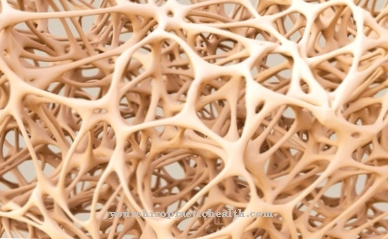
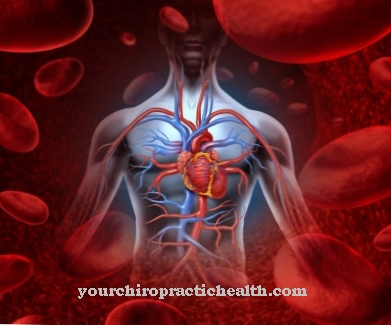
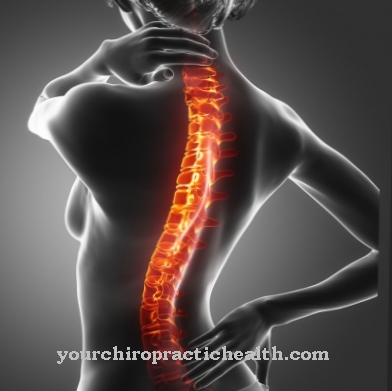
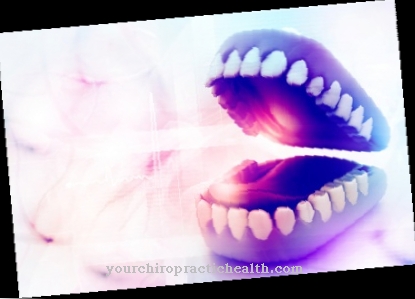



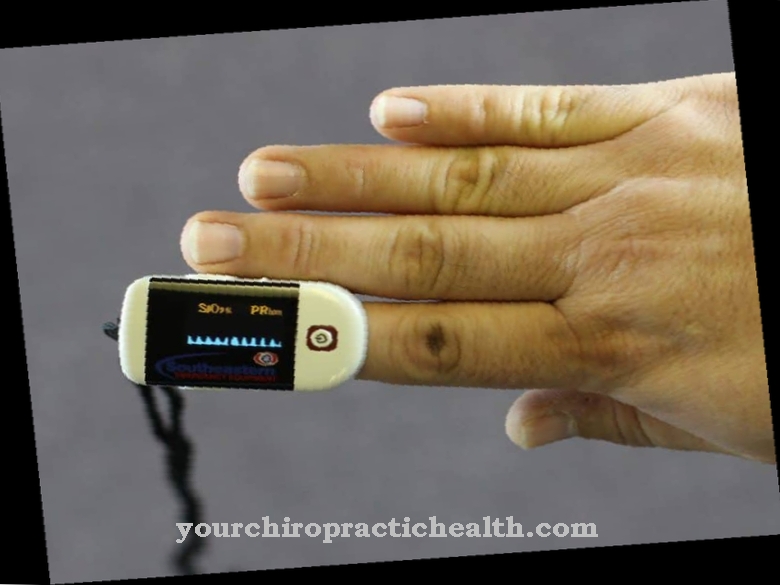
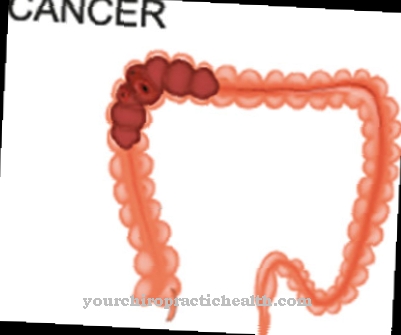
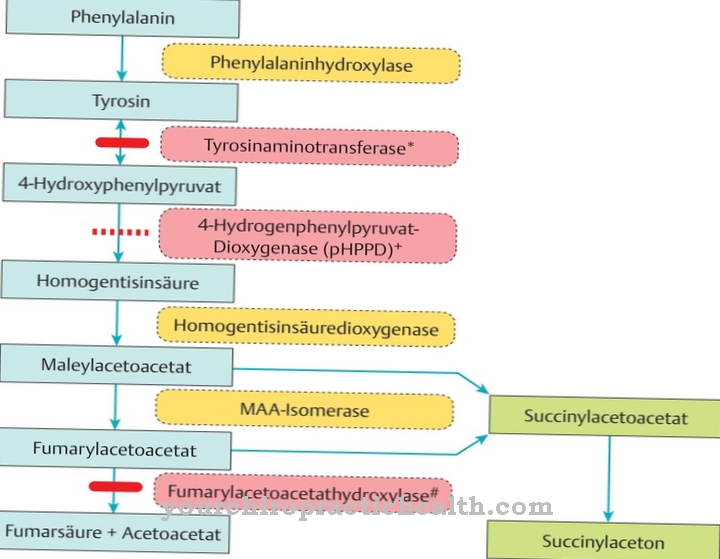

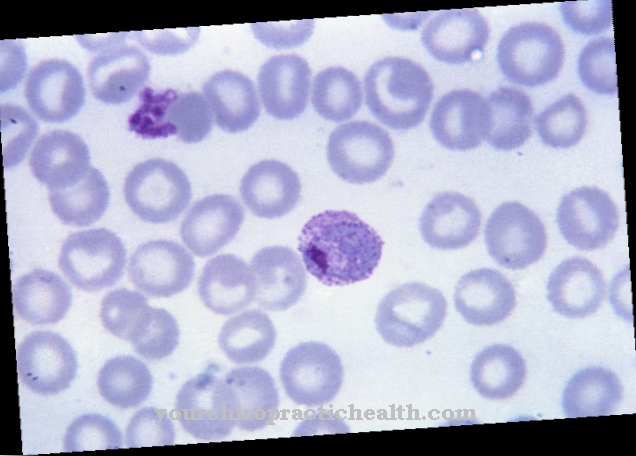


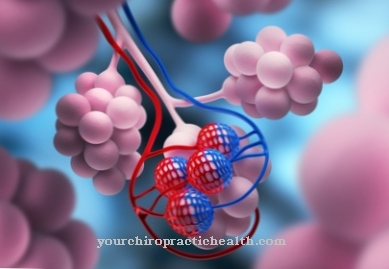

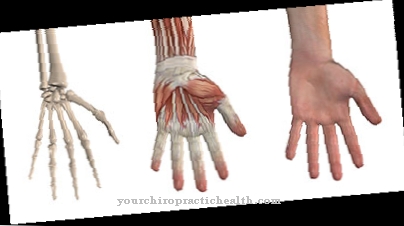

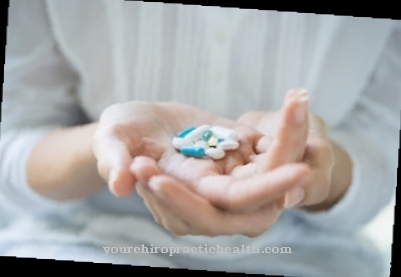



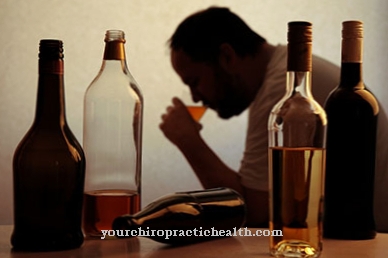
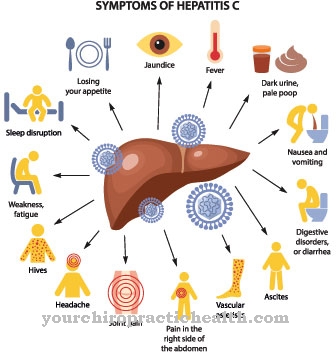
.jpg)


